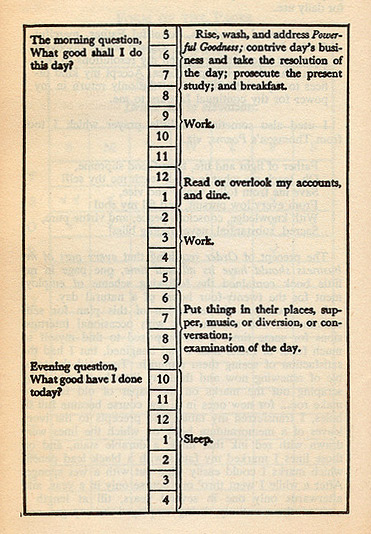As some readers of this blog may remember, I was sceptical about the iPad when it first appeared, mainly because it didn’t have the software ecosystem that I needed. I could see that it was a terrific device for media consumption, but initially it was hopeless for anyone who, like me, spends most of their time creating stuff. Over time, however, the software ecosystem materialised and — rather to my astonishment — I found that the device had become an almost-indispensable working tool. Apart from the software (terrific stuff like DropBox, SoundNote and iThoughtsHD, iAWriter and Day One) the key factors were the instant-on feature, the ten-hour battery life and a 3G SIM card — which meant that I could, for example, do a whole working day away from base and never have to look for either a power socket or an Internet connection. Bliss!
But one snag remained — the on-screen keyboard, which I found ok for short messages and notes, but a real pain for long-form typing (partly because I’ve never been able to stop myself hitting ‘m’ instead of the spacebar, which meansmthatmmanymofmmymmessagesmcome outmlooking likemthis). So of course I looked round for a bluetooth keyboard — and remembered that I had a neat little Apple one, which works fine with the iPad but means that I wound up lugging two devices around and wondering if it would have made more sense to bring a MacBook Air instead.
Then the Microsoft Surface appeared, and many of the reviewers remarked on the fact that the covers for the device include a keyboard. It seemed such a good idea, so I started looking for an equivalent for the iPad. Last week I found one. It’s the Logitech Ultrathin Keyboard Cover . It clips magnetically to the iPad — just as the original covers for the iPad2 do — but contains a real keyboard with moving keys.
. It clips magnetically to the iPad — just as the original covers for the iPad2 do — but contains a real keyboard with moving keys.


Logitech claims that one will get six months of normal usage from the (USB-rechargeable) battery. It does add slightly to the weight of the iPad, and in tactile terms is slightly inferior to, and more more cramped than, the Apple bluetooth keyboard.

But it has a really neat groove with holds the iPad securely at an angle and overall is a really clever solution to a design problem. Recommended.
of Patrick Leigh Fermor. Like many people I’ve been fascinated by Fermor ever since reading his two great travel books — A Time of Gifts
and Between the Woods and the Water
. I’ve long been curious to know what the rest of his life was like. Now I’m finding out.
.
.
,a terrific work of intellectual history and the first really convincing account I’ve come across of how and why the post-war liberal consensus ran out of steam and was replaced by the neo-con nonsense that has got us into our current mess.








